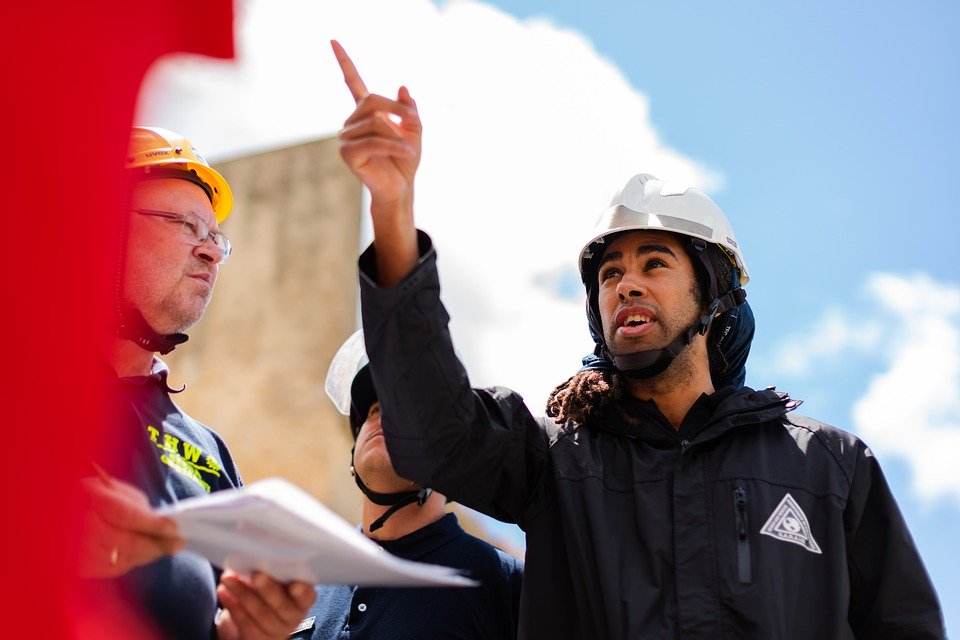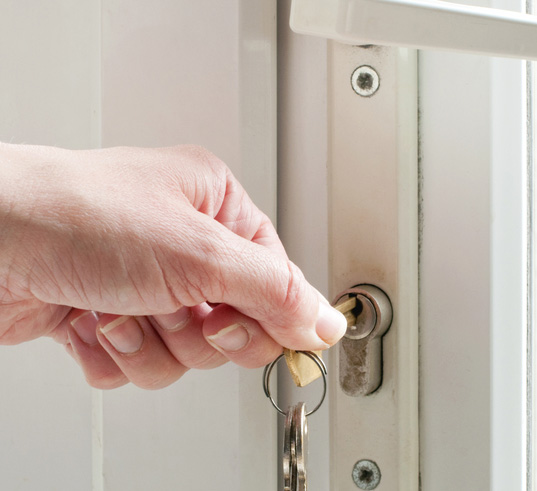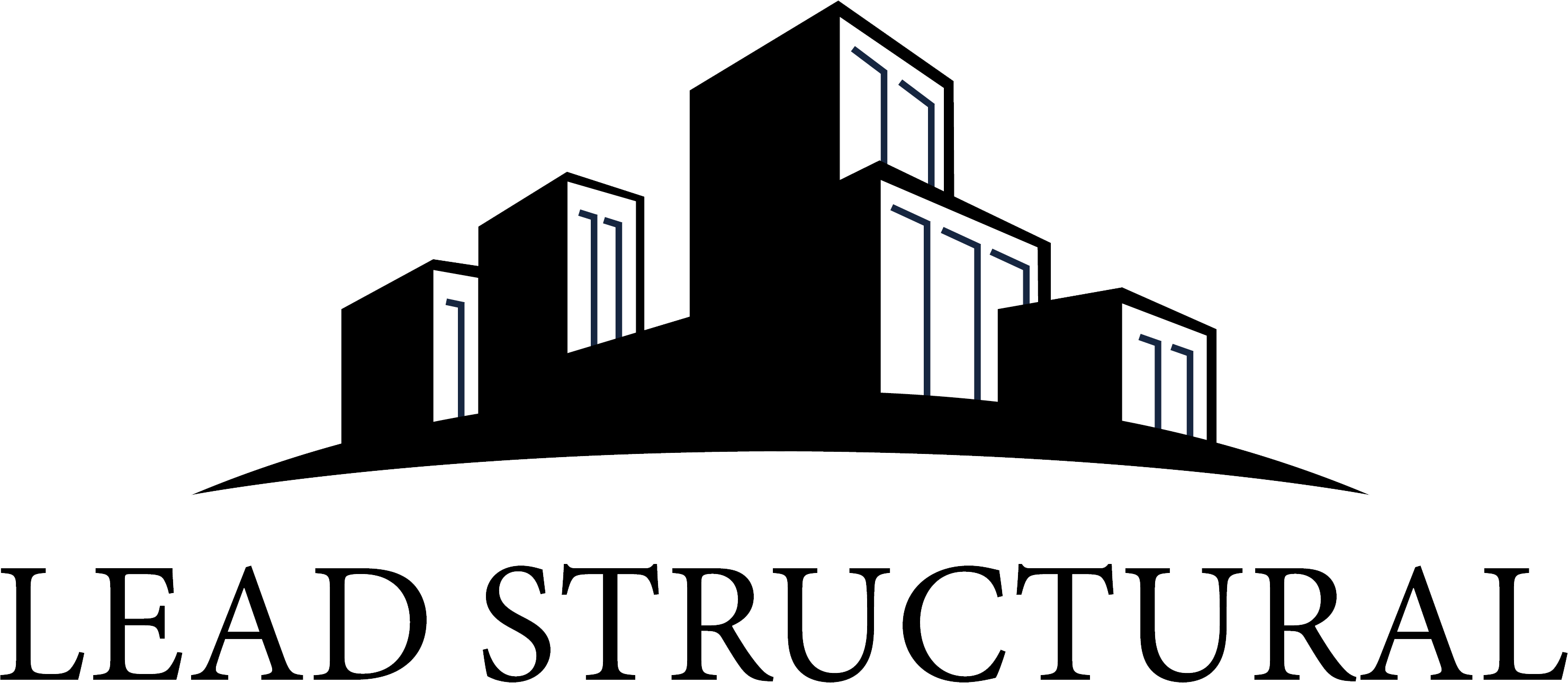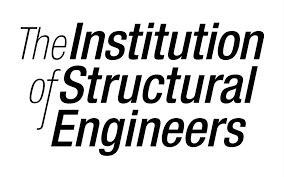Do I need a completion certificate for building work in my house?
Why is it important to have a completion certificate for certain types of construction work in your house? Here's why...
A completion certificate helps ensure building work is safe
It’s simple – if the types of building work listed below don’t have a completion certificate it may mean the building isn’t structurally sound. When building control surveyors carry out inspections on your property they’ll go through stringent checks, assessing things like:
- Foundations
- Ground and floors
- Roof structure
- Structural stability
- Thermal insulation
- Ventilation
- Fire protection
- Damp proofing
- Drainage

(View our Do I need a building regulations application page for further details.)
Only once the surveyor is satisfied with the work they’ll issue a completion certificate which can be used as evidence that the building work on the property meets building regulations and is safe. You can find out more about getting building control approval in our 5 steps to building regulations approval page.
Additional work may be costly without building regulations approval
If the council discovers that building work on your property doesn’t meet Building Regulations they could take enforcement action against you within 12 months of the date the work was finished. This will require you to carry out alterations or even removal of the work, causing a great deal of disruption and inconvenience. If you don’t take the necessary action, the local authority has the power to undertake the work itself and recover the costs from you since you’re the property owner.
Properties without a building control certificate sell for less
In general, a house that has had a considerable amount of work done without building regulations approval will sell for less. The absence of a completion certificate can deter buyers because there is an element of uncertainty and fewer guarantees that the building work is safe and meets the standards set in the Building Regulations (2010).
Completion certificates show up in local authority searches
Local authority searches, also known as local land searches, are conducted by conveyancing solicitors or mortgage lenders and they’re an essential part of the home buying and selling process. If you’re selling your property the information found from these searches, including missing completion certificates, can be used by buyers to renegotiate your offer. This could lead to a deal falling through – the last thing you want at this stage.
Mortgage lenders need to know the details
If you’re looking to take out a mortgage to buy a property, you’ll need to let your mortgage lender know if the property has had work is done which requires building regulations approval. If there’s no completion certificate it introduces an element of risk for the mortgage lender and they’ll most likely need some form of protection from the risks.

Buildings insurance may be invalid without a completion certificate
It’s important to remember that if there’s no completion certificate for alterations to your property, your insurance company may refuse to pay out and you may have to cover the cost yourself.
Peace of mind
All in all, having a completion certificate is a win. As a house buyer, seeing home improvement work accompanied by a completion certificate will give you confidence that building work has complied with building regulations, is structurally stable and safe to live in.
When it comes to selling your home, building work that comes with a completion certificate issued by a building control body will no doubt work in your favour by helping to instil confidence in buyers, agents, mortgage lenders and insurance companies alike. The whole process should be less problematic – allowing you to move swiftly on and start a new life elsewhere!








